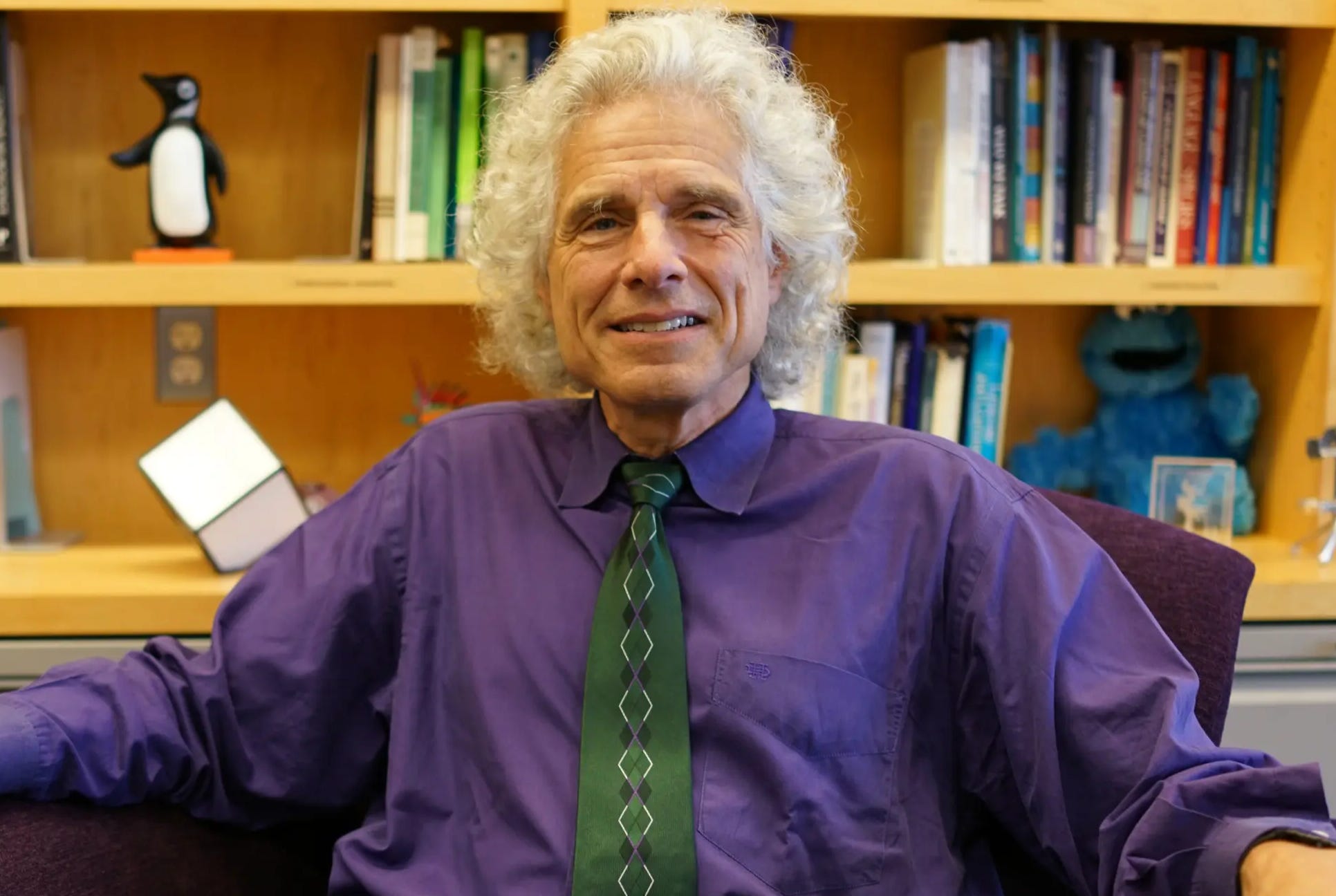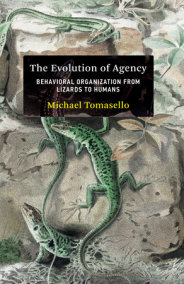

Afterwards, !Nate and /Uase told me that Boroh// xao was wrong - it is not the bird that dries out the soil, it is the sun that dries out the soil. Liebenberg recalls: “One tracker, Boroh// xao, told me that when the sings, it dries out the soil, making the roots good to eat.

Nor will they accept arguments from authority: Anyone, including a young upstart, may shoot down a conjecture or come up with his own until a consensus emerges from the disputation.Īnother critical faculty exercised by the San is distinguishing causation from correlation.

They know not to trust first impressions and appreciate the dangers of seeing what they want to see. The San also engage in critical thinking. They then make syllogistic deductions: Steenbok and duiker can be run down in the rainy season because the wet sand forces open their hooves and stiffens their joints kudu and eland can be run down in the dry season because they tire easily in loose sand. They may infer that a pointed track comes from an agile springbok, which needs a good grip, whereas a flat-footed track comes from a heavy kudu, which has to support its weight. They distinguish dozens of species by the shapes and spacing of their tracks, aided by their grasp of cause and effect. The San track fleeing animals from their hoofprints, effluvia, and other spoor. They reason their way from fragmentary data to remote conclusions with an intuitive grasp of logic, critical thinking, statistical reasoning, correlation and causation, and game theory. The tracking scientist Louis Liebenberg, who has worked with the San for decades, has described how they owe their survival to a scientific mindset. Hunter-gatherers don’t just chuck spears at passing animals or help themselves to fruit and nuts growing around them. The San of the Kalahari Desert in southern Africa are one of the world’s oldest peoples, and their foraging lifestyle, maintained until recently, offers a glimpse of the ways in which humans spent most of their existence. How should we think of human rationality? The cognitive wherewithal to understand the world and bend it to our advantage is not a trophy of Western civilization it’s the patrimony of our species. Yet among our fiercest problems today is convincing people to accept the solutions when we do find them. Though the problems are daunting, solutions exist, and our species has the intellectual wherewithal to find them. We face deadly threats to our health, our democracy, and the livability of our planet. (If you disagree, are your objections rational?) Yet in an era blessed with unprecedented resources for reasoning, the public sphere is infested with fake news, quack cures, conspiracy theories, and “post-truth” rhetoric.

Rationality ought to be the lodestar for everything we think and do. Excerpted from “ Rationality: Why It Seems Scarce and Why It Matters ” by Steven Pinker, Johnstone Family Professor of Psychology.


 0 kommentar(er)
0 kommentar(er)
